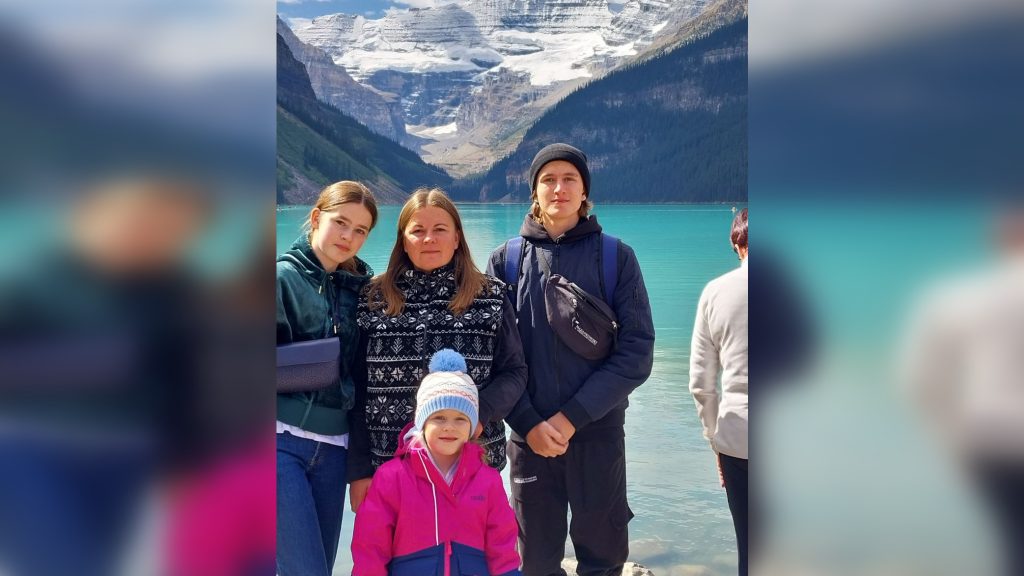Driving across the Canada-U.S. land border? Here’s what you need to know
Posted November 7, 2021 3:21 pm.
Last Updated November 8, 2021 6:36 am.
Fully vaccinated Canadians are now able to drive or take a ferry into the U.S. for non-essential reasons for the first time in over a year and a half.
The U.S. relaxed its border rules as of midnight (EST) Nov. 8.
But if you’re planning a trip, you’ll need to bring more than your passport or proof of citizenship. Here’s what you need to know, particularly about how the requirements differ depending on which direction you’re going.
Requirements for Canadians driving into the U.S.
Adults will need to have proof they have been fully immunized against COVID-19 at least 14 days before crossing the border.
Only those who have received both doses of a vaccine approved by the US Centers for Disease Control and the Food and Drug Administration, or with vaccines on the World Health Organization’s emergency-use list, will be allowed entry. All vaccines administered in Canada — Moderna, Pfizer BioNTech, and AstraZeneca — have been approved. Canadians who have had a mix of these approved vaccines will also be considered fully immunized.
While not everyone will be asked to show proof, travellers will be asked to “attest” to their vaccination status, and have proof ready if they are asked to provide it. Provincial vaccine cards, as well as the pan-Canadian proof of vaccine for international travel, will be accepted.
Related articles:
-
Driving to the U.S.? Process expected to be smooth for vaccinated Canadians, says federal agency
-
What you need to know if you’re flying into the U.S. come Nov. 8
-
PCR test requirements at the border need to be re-examined: Tam
Children under 18 will not have to prove they have been immunized as long as they are with fully vaccinated adults.
There’s no requirement to show a negative COVID-19 test in order to enter the States by land.
The U.S. Department of Homeland Security has compiled a list of answers to frequently asked questions.
Requirements for re-entry to Canada
Those crossing into Canada will need to show a negative PCR test, taken no longer than 72 hours before travel. While there has been increased pressure to scrap the testing requirement, since the cost of roughly $200 per person will likely deter day-trippers, it is still a requirement. There is a mandatory two-week quarantine for those who don’t provide a negative test. Some travelers will be selected for random tests upon arrival.
Everyone 12 and older will need to show proof of immunization, with the second or final dose in a series taken at least 14 days before travel.
Approved vaccines include Moderna, Pfizer BioNTech, and AstraZeneca, or a mix of any of these two. Canada will also accept those who have had at least one dose of the Janssen/Johnson & Johnson vaccine. Proof must be uploaded to the ArriveCAN app. There are limited exemptions to this requirement.
Additional requirements for unvaccinated kids under 12
While kids aren’t required to quarantine, they are restricted from a number of activities.
For 14 days These kids CAN NOT:
- Attend school, camp or day care.
- Attend a setting where they may have contact with vulnerable people (e.g. long-term care facility), including people who are immunocompromised, regardless of that person’s vaccination status or
public health measures. - Travel on crowded public transportation that does not ensure physical distancing and masking.
- Attend large, crowded settings, indoors or outdoors, such as an amusement park or sporting event.
Also, children over five are required to take another COVID-19 test on Day 8.
Travel rules differ slightly for those flying into the U.S. Mainly, fully vaccinated travellers, in addition to showing proof of immunization, are still required to show proof of a negative COVID-19 molecular test taken within 72 hours of travel to board a flight south. Documentation of recovery from COVID-19 may also be accepted.








